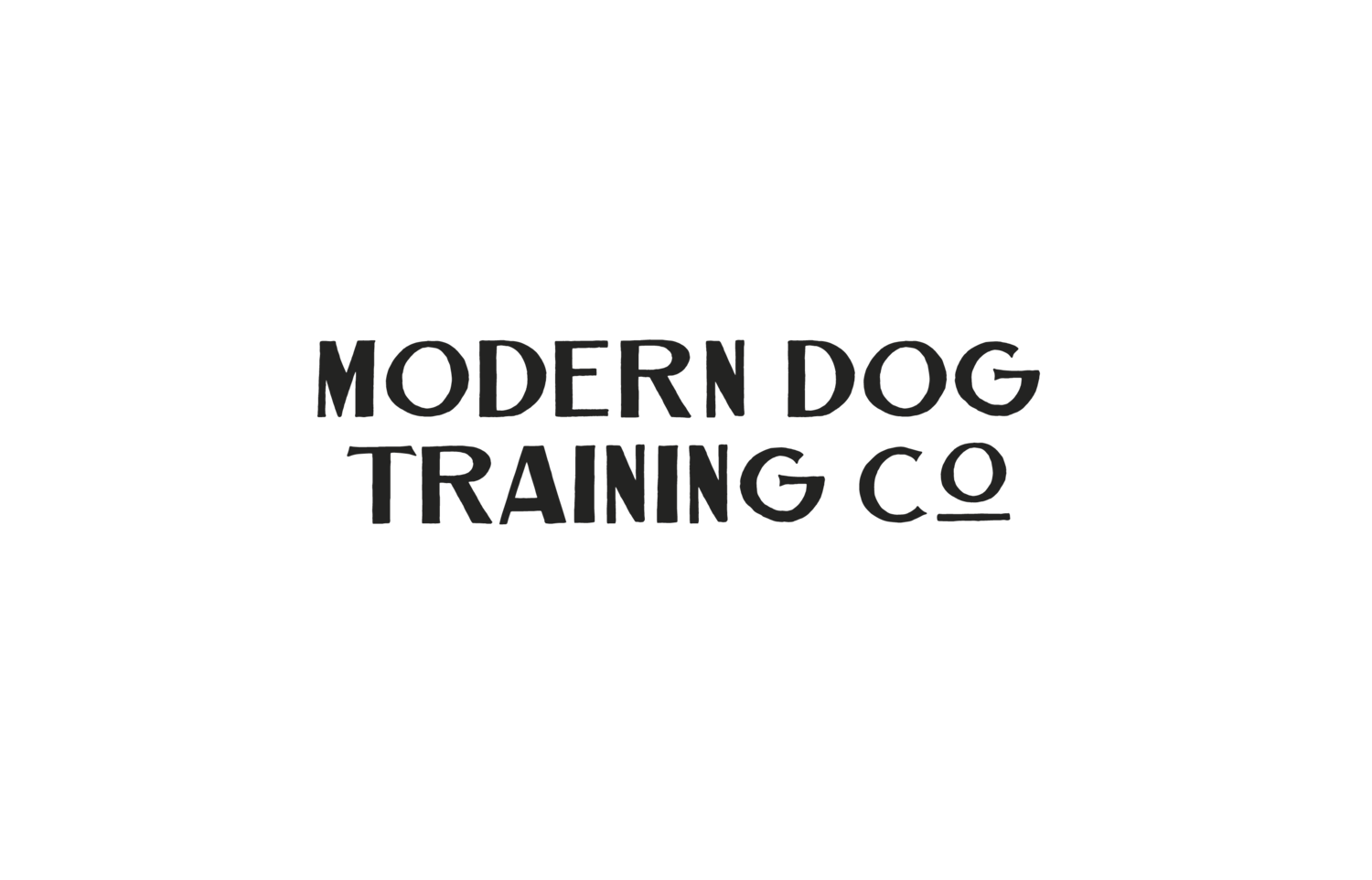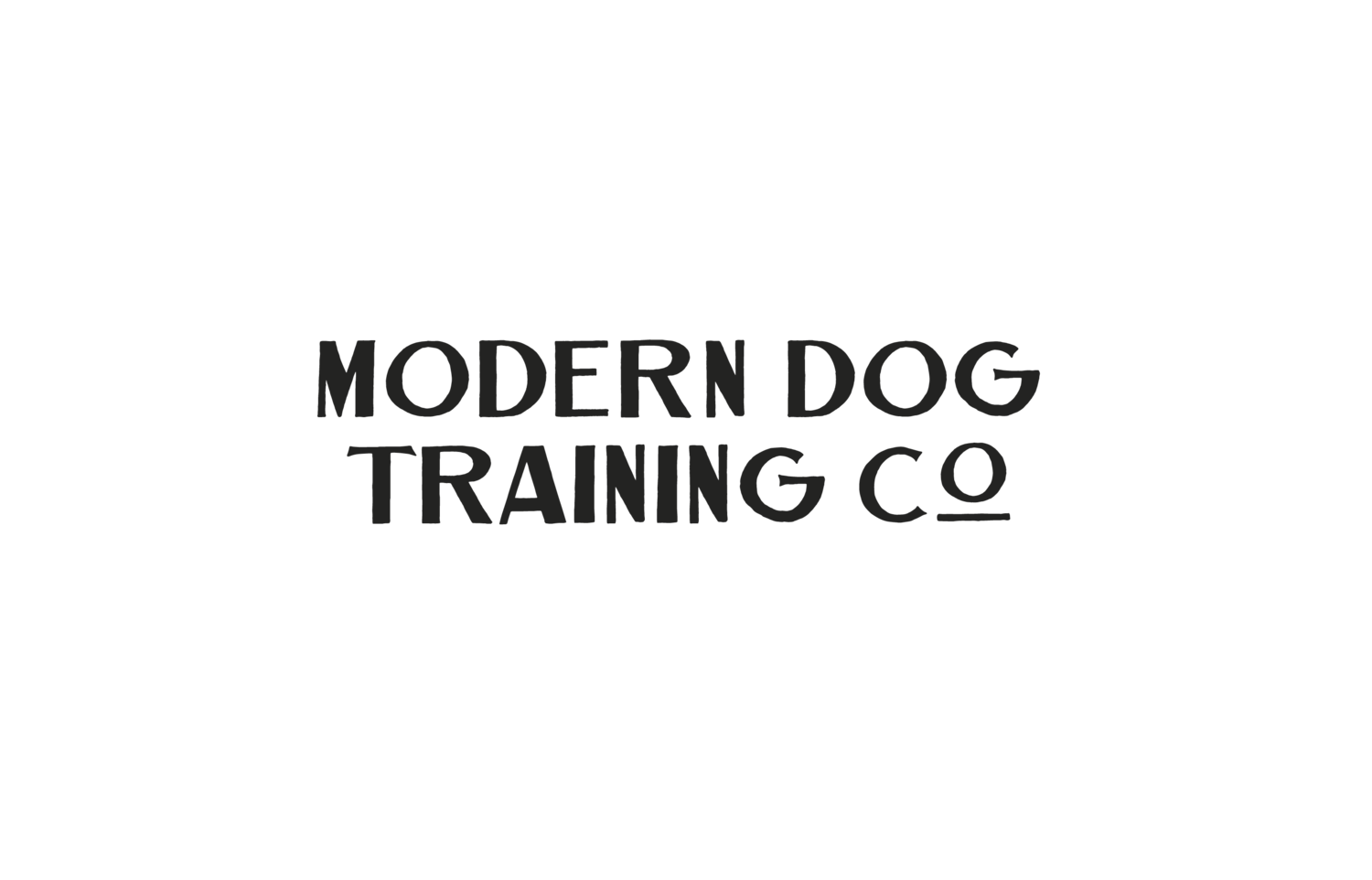How to potty train your dog
Take your puppy out frequently
It should come as no surprise that puppies can’t hold in their pee or poop all day. A good rule of thumb is that puppies can only hold their bladder for a number of hours equal to their age in months, plus one. In other words, if your puppy is four months old, that’s a maximum of five hours (four months, plus one). To help your puppy be successful, and especially with very young puppies or toy breeds, take your puppy out to potty once every hour whenever you can.
This rule of thumb on maximum time between potty breaks applies both during the day and at night, so you’ll be getting up to let your puppy relieve themselves during the night or wee hours of the morning until they’re old enough to hold it overnight.
2. Reward your dog
Whenever your puppy goes pee or poop in the right spot, praise them and offer a favorite treat. That could be a food reward or a play reward – whatever your puppy loves. Because dogs repeat actions that earn them rewards, positively reinforcing good potty behavior will go a long way towards teaching them to use their correct potty spot.
For a late night potty trip, you may want to choose a small, high-value food reward or plenty of verbal praise instead of an energetic game of tug; a wee-hours play session might mean your puppy is now wide awake and ready to rumble when you’d really like for them to settle and go back to sleep. Learn what works best for your
3. Learn your dogs body language
Every puppy has their own set of signals or body language indicating they need to go. They might sniff the ground, walk in a circle, hunch their back, or start to squat. If you get to know your dog’s personal potty signs, you can predict when they need to go out. As soon as you see the signals, put on that leash and hurry out to the appropriate potty spot, keeping treats or other rewards in your pocket.
7. Watch them like a hawk
Because dogs don’t like to potty where they sleep, your puppy usually won’t poop or pee inside a properly sized crate unless they’ve been crated longer than they can hold it, or they are sick or suffering from diarrhea. This natural instinct to keep their sleeping space clean makes a crate a perfect potty-training tool. Teach your puppy to love their crate, so they look forward to gnawing on a chew toy or taking a nap inside. Then, when you can’t supervise your puppy, you can keep your potty training on track by giving your puppy some crate time.
4. Crate train your dog
Because dogs don’t like to potty where they sleep, your puppy usually won’t poop or pee inside a properly sized crate unless they’ve been crated longer than they can hold it, or they are sick or suffering from diarrhea. This natural instinct to keep their sleeping space clean makes a crate a perfect potty-training tool. Teach your puppy to love their crate, so they look forward to gnawing on a chew toy or taking a nap inside. Then, when you can’t supervise your puppy, you can keep your potty training on track by giving your puppy some crate time.
5. Don't scold your puppy
Because dogs don’t like to potty where they sleep, your puppy usually won’t poop or pee inside a properly sized crate unless they’ve been crated longer than they can hold it, or they are sick or suffering from diarrhea. This natural instinct to keep their sleeping space clean makes a crate a perfect potty-training tool. Teach your puppy to love their crate, so they look forward to gnawing on a chew toy or taking a nap inside. Then, when you can’t supervise your puppy, you can keep your potty training on track by giving your puppy some crate time.
6. Create a routine
Because dogs don’t like to potty where they sleep, your puppy usually won’t poop or pee inside a properly sized crate unless they’ve been crated longer than they can hold it, or they are sick or suffering from diarrhea. This natural instinct to keep their sleeping space clean makes a crate a perfect potty-training tool. Teach your puppy to love their crate, so they look forward to gnawing on a chew toy or taking a nap inside. Then, when you can’t supervise your puppy, you can keep your potty training on track by giving your puppy some crate time.


